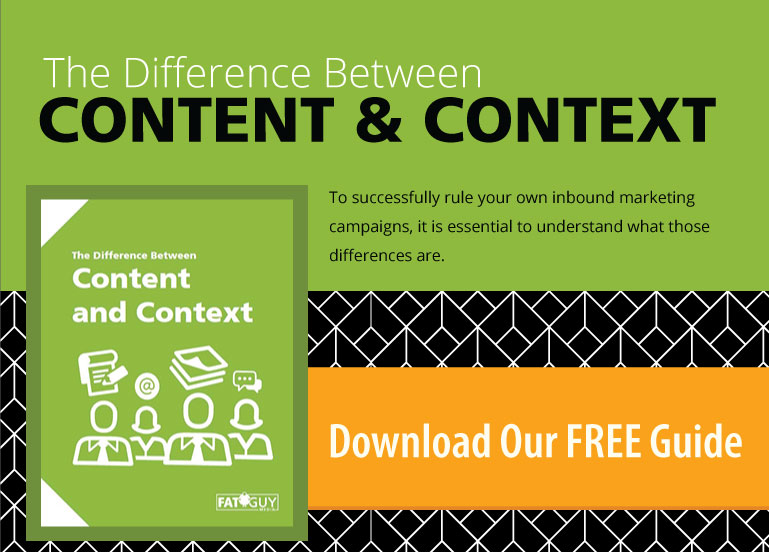Developing and handling a website is not the easiest task in the world, even for web design experts like us. However, there are glorious pieces of software out there that make website operation easier. They are known as content management systems, and they provide tons of benefits for businesses, from improved SEO to codeless design.
How Content Management Systems Help Businesses
Easier Content Management
It’s no surprise that content management systems (CMS) make content management easier—it’s in the name, after all. As one of the greatest modern web design features, they allow marketers to easily publish new content to their website as often as necessary.
For instance, you may have a piece of content that’s ready to be published. But what if the time is not yet right, and you would rather publish it at a later date? With a CMS, you can schedule that content to be published at the date and time you specify.
Another beautiful thing about easy content management is that its convenience tends to spur people to publish fresh content more frequently. Consistent publication of fresh, quality content is, of course, the most important aspect of content marketing.
Assistance in SEO
In addition to making it easier to publish content daily, many systems come with built-in tools that help you optimize that content.
Take HubSpot, a CMS that is beloved by the Fat Guy Media team, for example. Their blog editor comes with an SEO section that provides you with valuable optimization information including:
- How many times your focus keyword appears throughout the blog
- Details on internal and external links
- Image optimization information
This ensures you’ve properly optimized each piece of content before you publish it for the world to see.
Design Convenience
Another excellent CMS benefit is that they make website design easier.
HubSpot comes with tools that help even those who are code-illiterate design webpages effectively. HubSpot’s design features are built around their core philosophy of inbound marketing, so there is a large emphasis on marketing optimization during design. There are pre-fabricated webpage templates that can be edited simply by dragging and dropping elements anywhere on the template. Their pages are also built using responsive design, meaning they’ll be optimized for mobile without extra coding work.
WordPress, another preferred CMS of ours, is not built around a marketing ideology. While it’s more customizable in that regard, it ultimately requires more knowledge of web development on the part of the website owner. And, though WordPress sites are not inherently marketing-centric, there are countless plugins and services that can be utilized to make a WordPress site a marketing masterpiece.
Plan for the Future
Over time, many businesses are forced to change to stay relevant within evolving markets. As they change, they may feel that a website redesign is right for them. By having content centralized on a CMS, future design changes are made simpler. Instead of constructing an entirely new site, only page templates need to be recreated, saving tons of time and money.
While the specifics of different content management systems vary depending on the provider, one thing remains the same: they make great investments for businesses.



